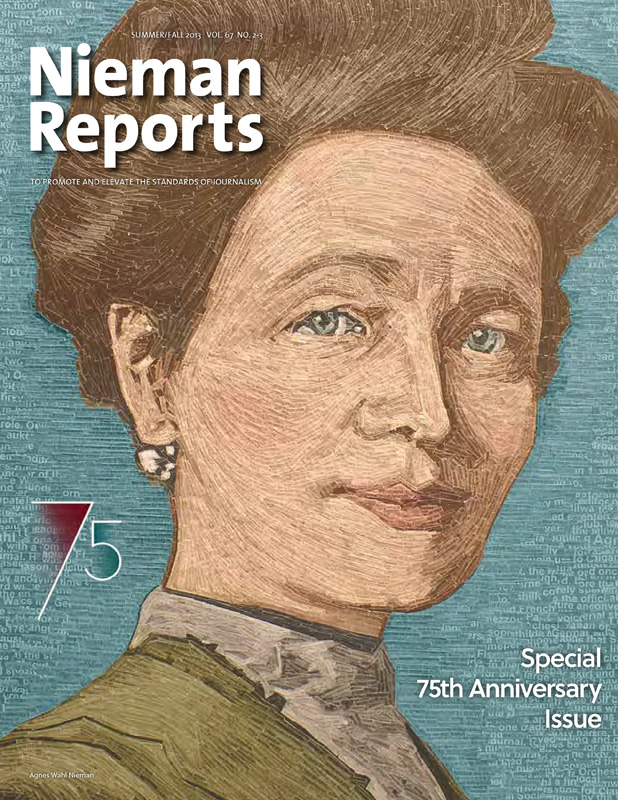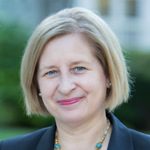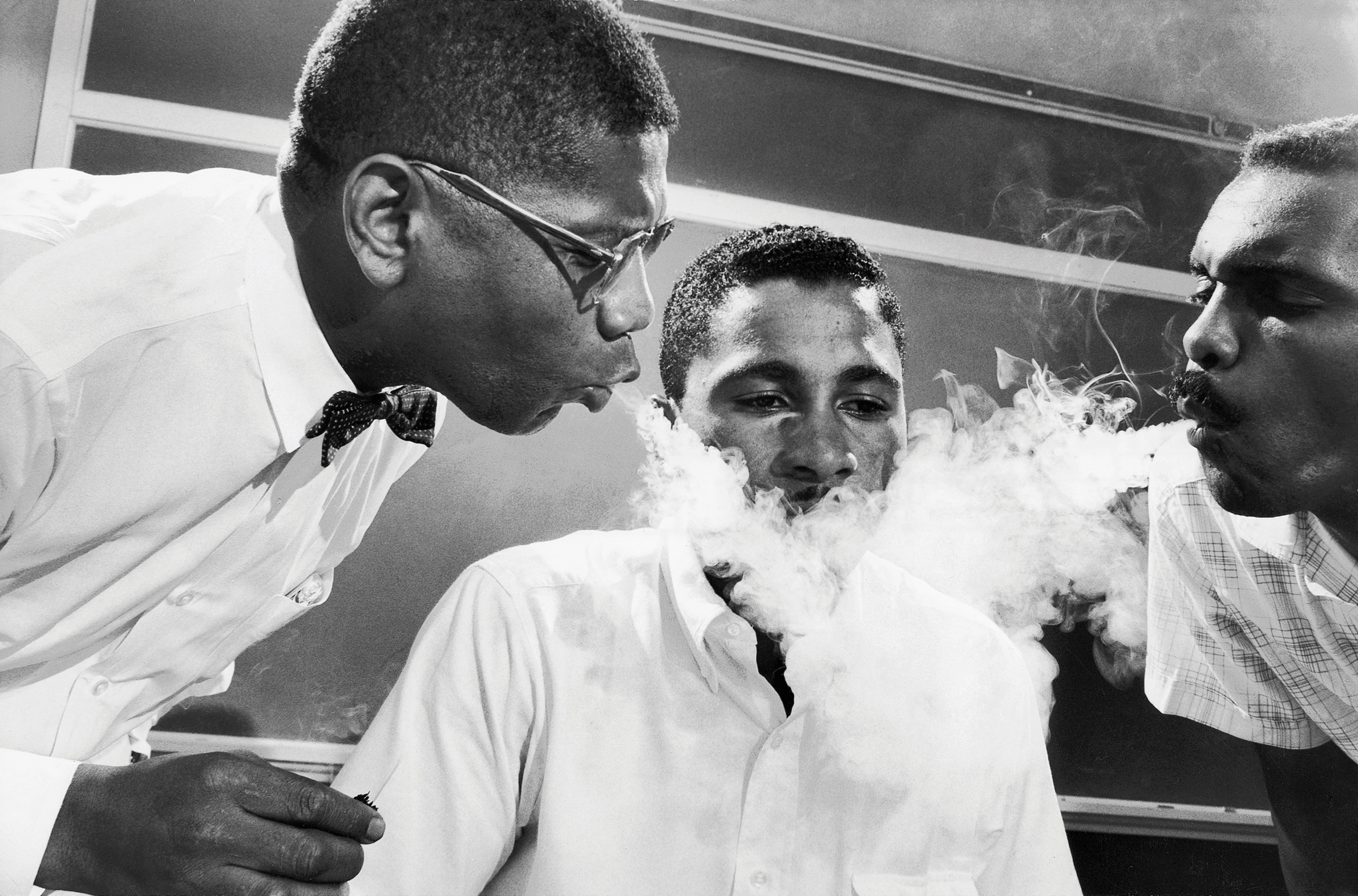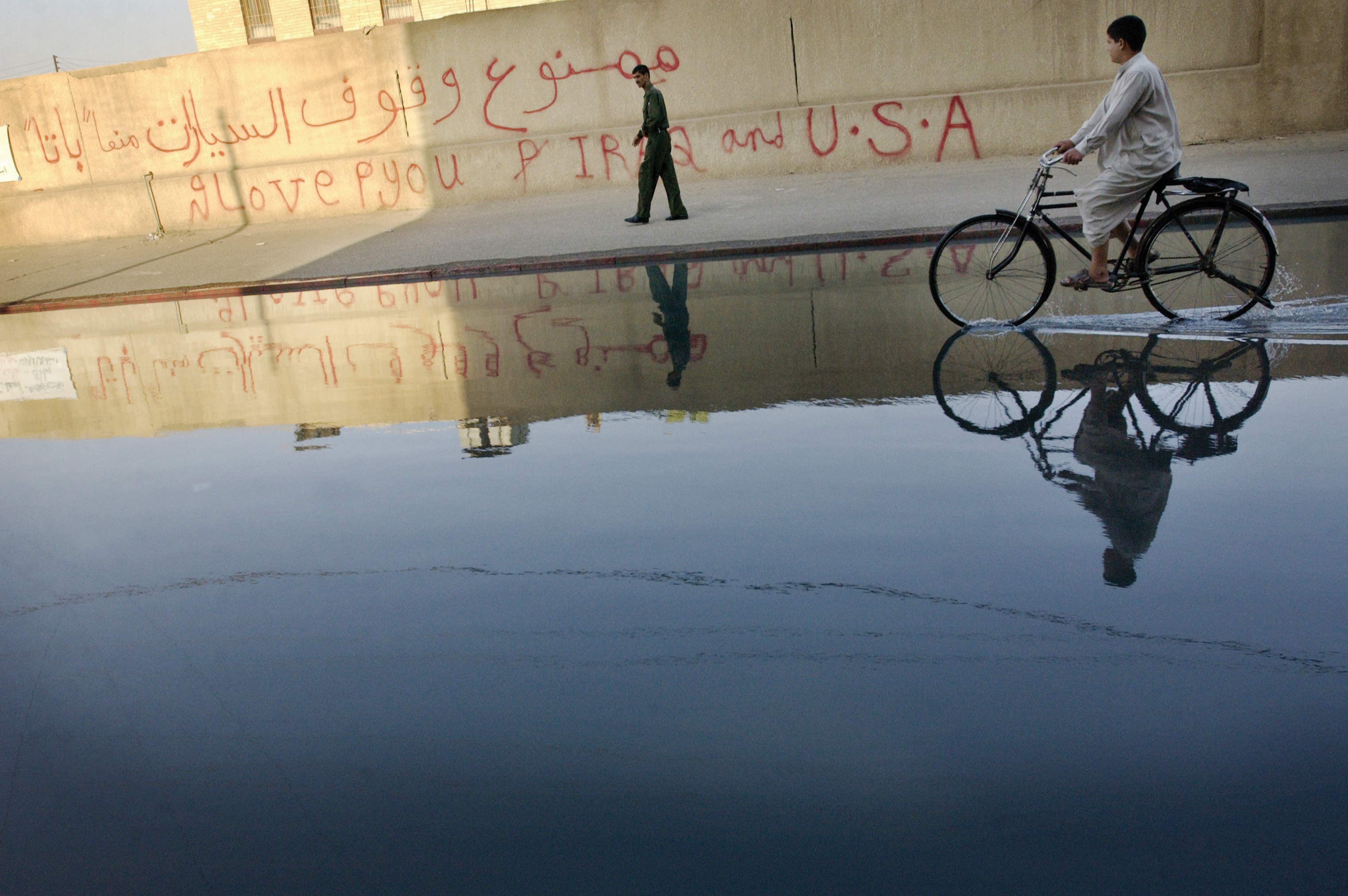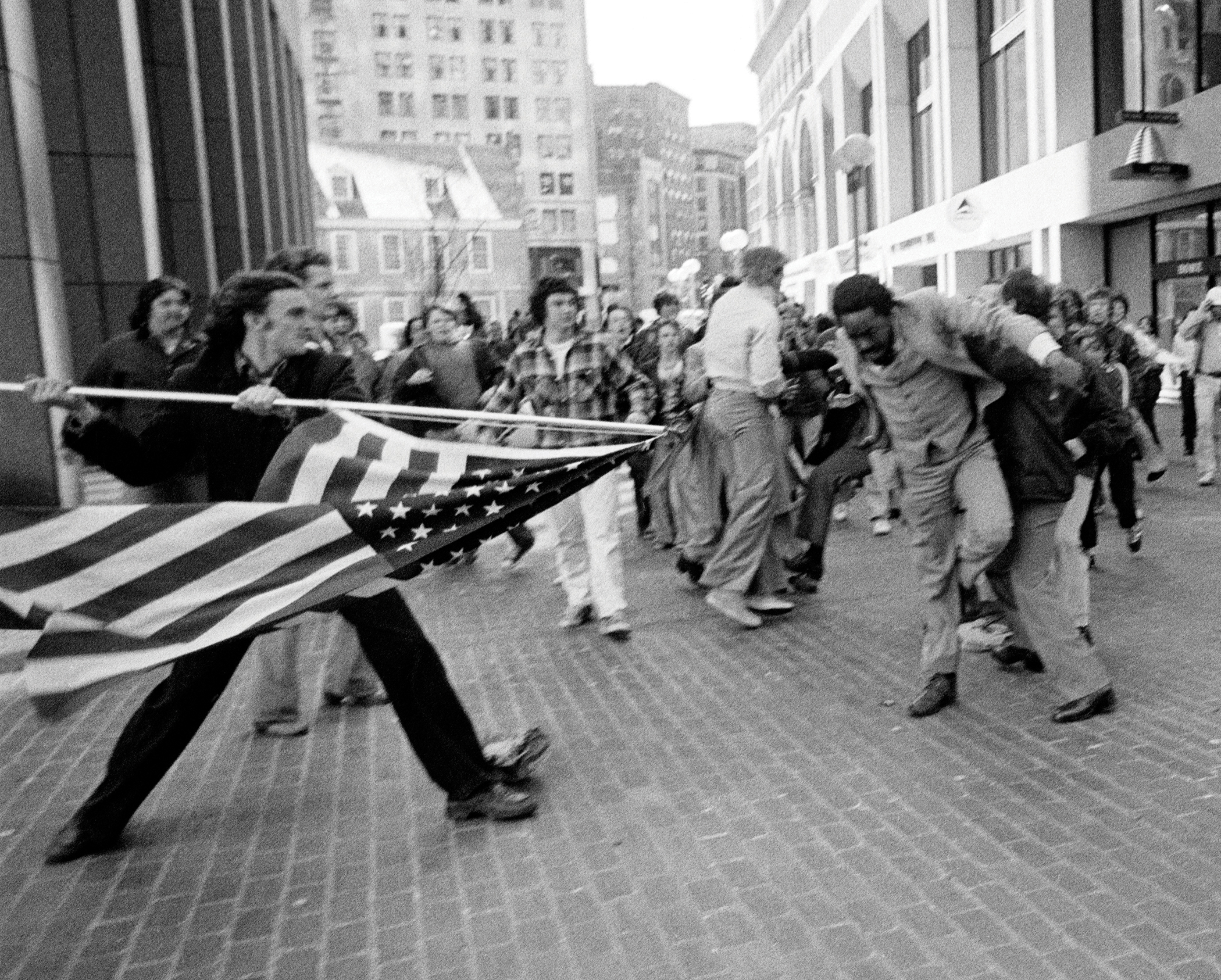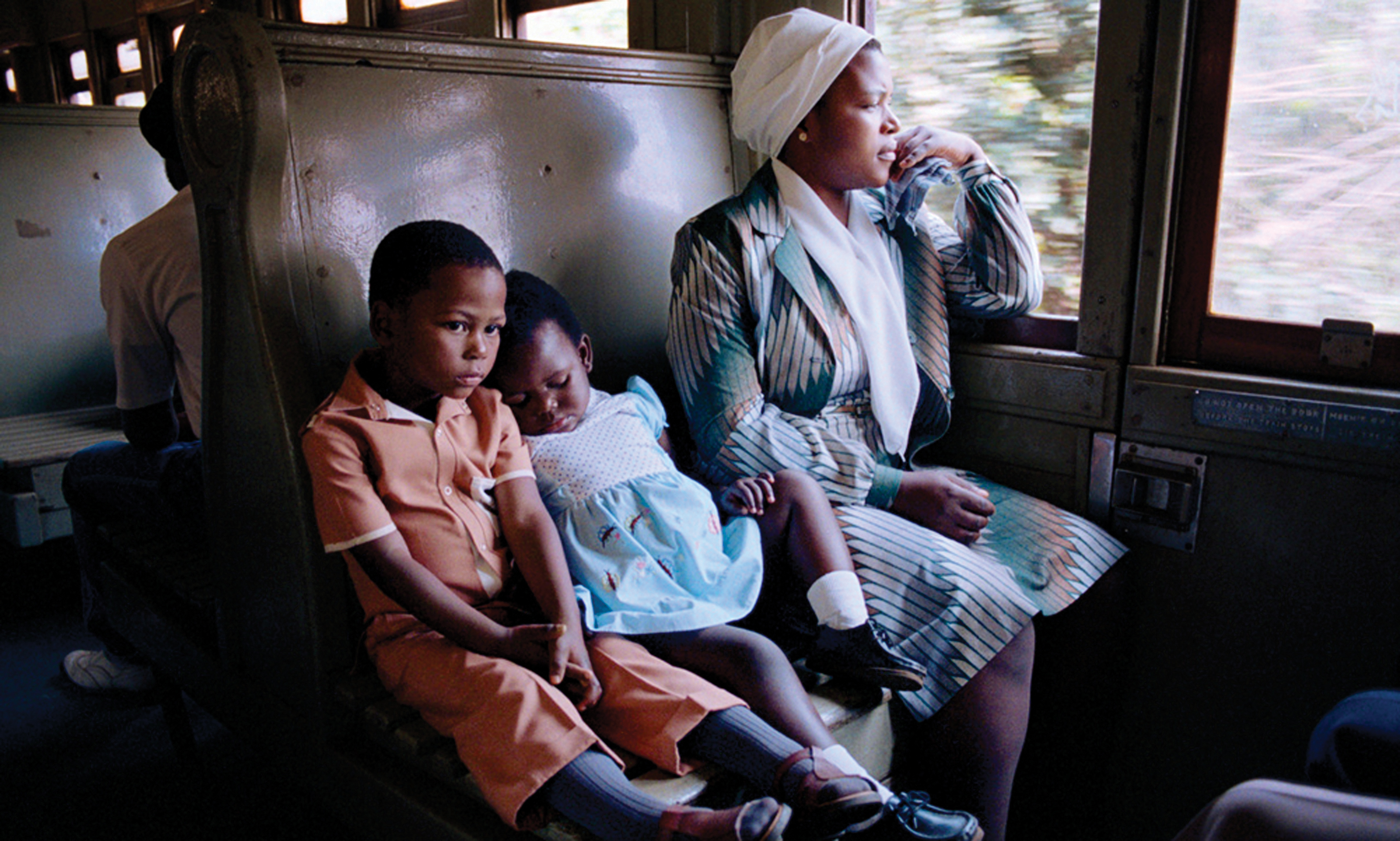Lippmann House has opened its doors to the 76th Class of Nieman Fellows, and with them to the future of journalism. To the counterterrorism reporter studying the quantitative social sciences for new tools to mine her urgent beat. To a magazine editor exploring the power of narrative to restore the soul of his country, a former police state. To the columnist examining the same technologies upending news delivery to see how they might thwart community gun violence. To 24 Fellows whose individual study plans are overlaid with a unifying inquiry—the now unending investigation of the changing norms of communication.
They come to Harvard in interesting times. An online retail entrepreneur is buying The Washington Post and The New York Times Company is selling The Boston Globe to the owner of the Red Sox. The Justice Department has seized Associated Press phone records in a crackdown on leaks. In the U.S. and abroad, journalists are denouncing journalists for publishing information from government whistleblowers.
We like to think that the world has become especially complicated on our watch, and that is true. But the sunny photograph of the inaugural 1939 Nieman Fellows in this issue belies the truth of their own complex world, one shaped by Adolf Hitler, Enrico Fermi, and Thornton Wilder’s “Our Town.” The history of the Nieman Fellowship, and likely its future, is tethered to a conviction that complex times require journalism to produce better journalists and that Harvard can help. University president James B. Conant, overcoming his initial trepidation, regarded the Nieman Fellowship as one of his proud accomplishments. Questions about whether the industry would find value in the Fellowships were answered resoundingly with 312 applications for nine spots in the first year.
The speed with which Nieman became much prized is underscored in a 1939 letter from New York Times managing editor Edwin L. James to Conant, protesting that his hand-selected candidate (“a graduate of a very good college, the son of a doctor and a man I regarded as eminently qualified to become an expert reporter of science news”) was twice rejected by Nieman. “I have just looked over the list of those who were successful,” he complained, “and, in the cases of at least six, it has got me beat.”
The Fellowship’s currency, then as now, exceeded prestige. Cleveland Plain Dealer editor Paul Bellamy wrote to Conant of the great need he foresaw for increased authority among reporters. “I think the newspapers of the country have been getting away with murder,” he observed, adding, “Here is where the Harvard fellowships come in.” James himself advised Conant that Nieman could be especially helpful in educating reporters who could “interpret accurately a complicated legal decision, and those who were able efficiently to report science news,” a presaging of some of Nieman’s greatest successes, including the 1957 Fellowship of Times reporter Anthony Lewis, whose law studies helped shape America’s preeminent legal journalist.
Nothing has eclipsed the goal of intellectually fortifying journalists, and Fellows still choose Harvard for the chance to study with its unparalleled faculty. That study is both focused and open to the serendipitous discovery that can alter one’s outlook. But Nieman is now a bigger tent than Conant or Agnes Wahl Nieman likely foresaw. Her mandate to “educate persons deemed specially qualified for journalism” was issued at a time when “journalist” was easy to define, media competition was slim, and business models were simple. Exploding economics and an emerging class of information providers, influencers and technologists have had tremendous impact on journalism and expanded Nieman’s mission and audience.
Fellowship classes seat reporters and editors from legacy news organizations alongside practitioners from digital startups. Coders and engineers building new communications tools have joined a discussion at Lippmann House once limited to those with a press pass. The Nieman Journalism Lab’s focus on innovation has amassed an international following of journalists and others who value its mission of “pushing to the future of journalism.” Shorter visiting Fellowships (a long forgotten notion from Nieman’s inception) are bringing in journalists and others whose inquiries hold promise for the craft or the industry. Master classes in leadership, writing courses, or conferences about the economics of immigration hone skills for Niemans and other journalists who would benefit. I don’t know that Fellows have ever worked harder.
Much about president Conant’s Harvard has changed and so too Nieman, once restricted to white American men. Fellows could not imagine Nieman without international journalists, who now make up half the class. A fellowship in service of a privileged few is, then as now, insufficient to address the scale of journalism’s challenges.
I was a young investigative reporter in Chicago when Nieman curator Howard Simons passed me on a visit to my newsroom. We spoke briefly and he handed me his business card. “Apply for a Nieman,” he said. I did and he phoned that spring to offer me a place in the Class of 1990.
For three quarters of a century that invitation has endured as one of journalism’s most coveted and these pages are rich with the reasons why: the journalists whose work helped turn the tide in apartheid South Africa; the journalists whose work chronicled America’s civil rights era; the journalists whose eureka Harvard moments changed the course of documentary, political biography, investigative reporting. Lippmann House is now home to the 76th Class of Fellows, and journalism’s future is theirs to better.
The day Simons offered me a Nieman was the last time we spoke. He died that summer after choosing a final fortunate class, too soon for us to thank him for changing our lives, our work.
I thank him here.


